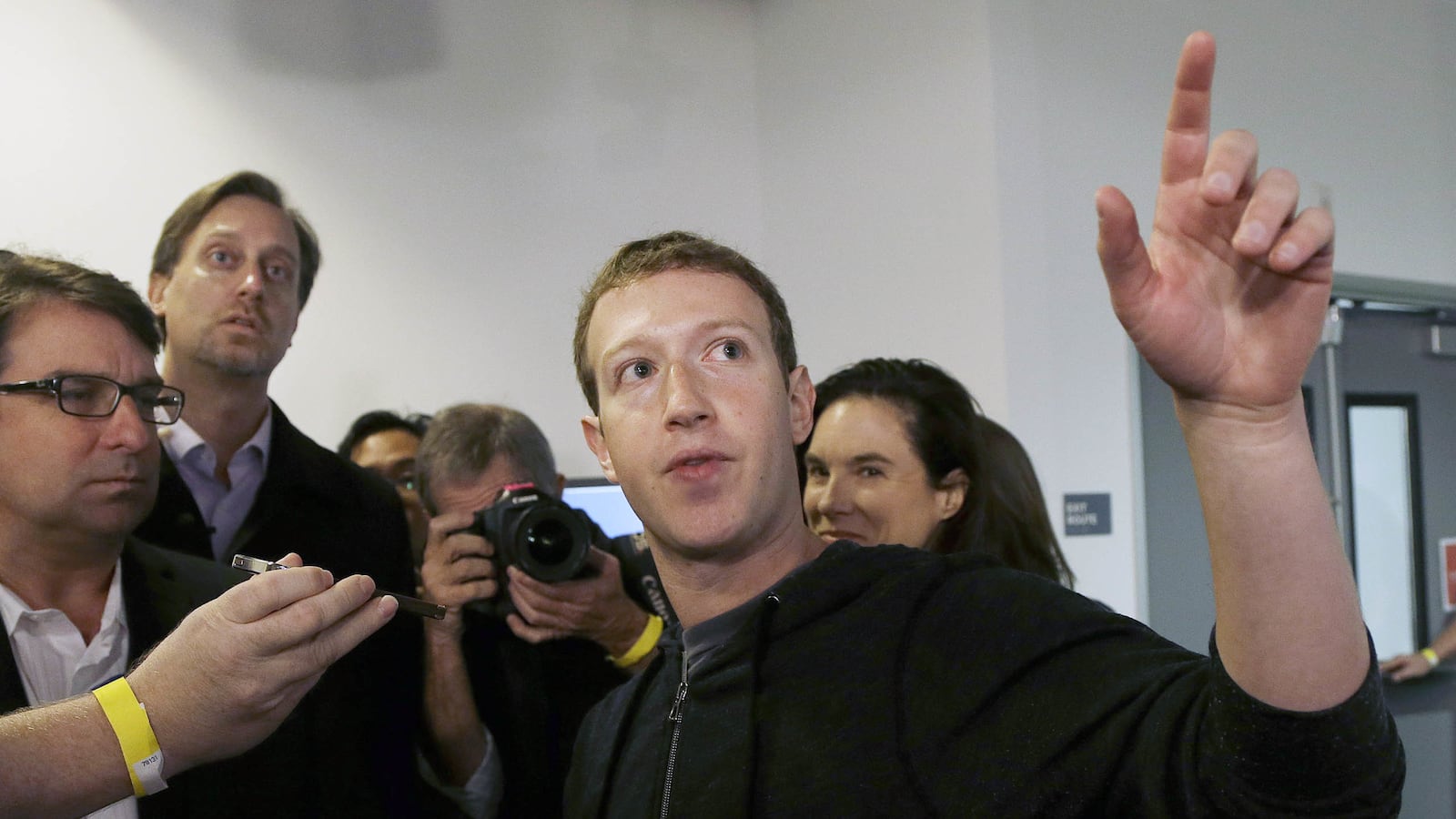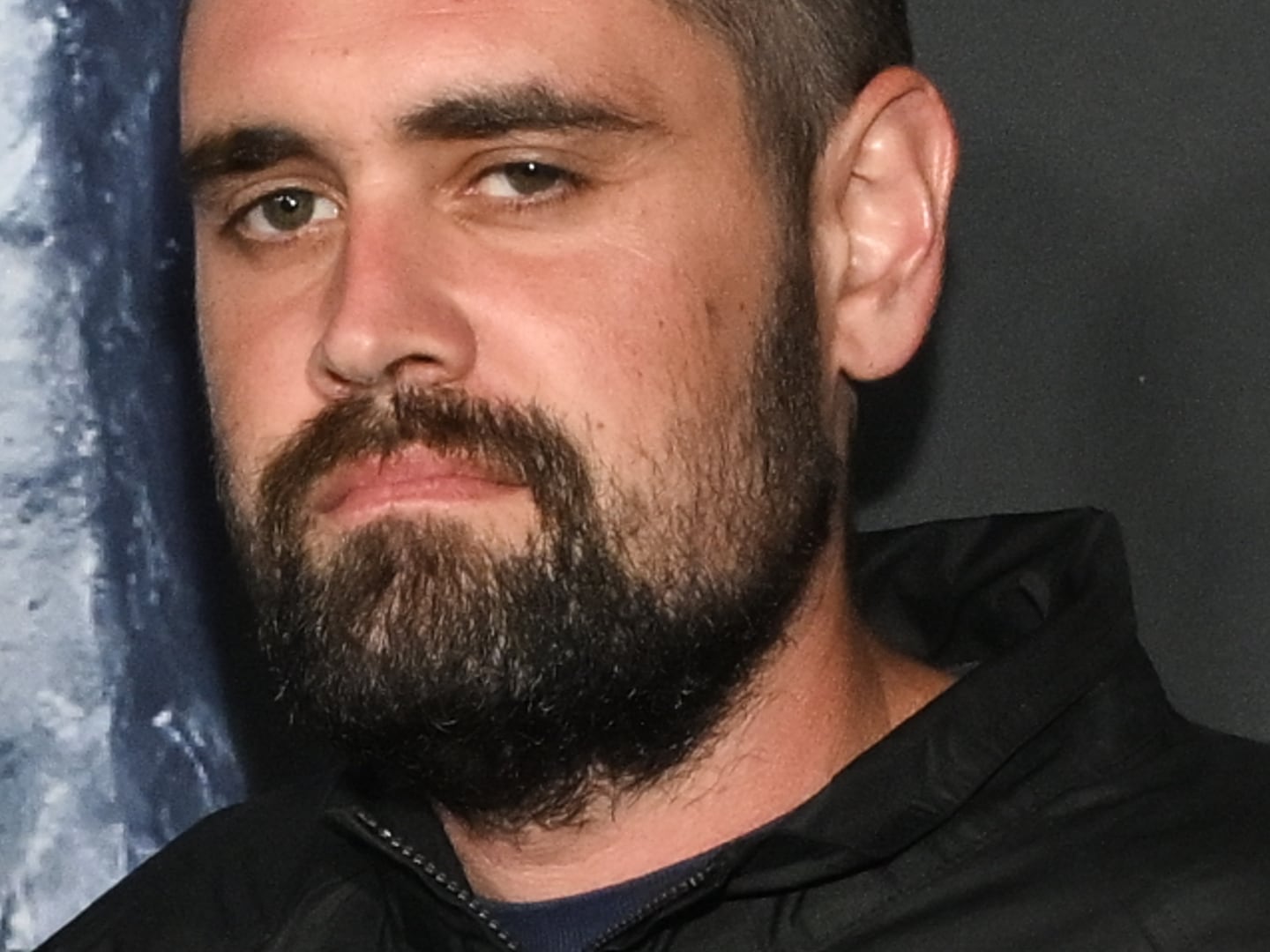It’s a phone! It’s a new newsfeed! It’s…graph search? After alerting journalists to come to Facebook’s Menlo Park headquarters to “see what we're building,” CEO and founder Mark Zuckerberg announced Tuesday the development of “Graph Search.” Instead of just searching for content that already has its own page on Facebook—think fan pages, groups, or events—Graph Search will allow users to make much more specific searches. The results will be culled from information users have already put on the social network. At the announcement today, Zuckerberg said that "TV shows my friends like, movies my friends like, apps my friends like" were searches made possible with Graph Search.

What’s important about Graph Search is what it isn’t—a Google clone or another way of searching the web. During the announcement, Zuckerberg said that Graph Search was “not web search” and that “we are not indexing the web. We are indexing our map of the graph, which is really big and constantly changing.”
In fact, Zuckerberg derisively showed a slide of a search coming up with 10 blue links, a not-at-all-veiled reference to Google. Instead, the central idea behind Graph Search is this: when someone wants to find specific information—what’s the best Mexican restaurant in Chicago, what’s a good political thriller, what’s a good cheap hotel in Marseille—the expressed preferences of her social network is a much better guide to answering that question than Google’s search algorithm. “Graph Search is designed to show you the answer and not links to answers,” Zuckerberg said.
The key distinction between Facebook’s infant search product and the Internet-dominating colossus isn’t in what they’re both trying to do, but in where they are trying to do it. “The Graph,” a slightly amorphous concept that’s recklessly thrown around technology conferences like so many promotional USB-drives, is basically the sum total of all the connections within a social network. For Facebook, being able to effectively search the graph means indexing something like 240 billion photos posted by 1 billion users who have 1 trillion total connections between each other. "It was a big engineering challenge. There are a trillion connections on Facebook. It's taken us more than a year to do it,” Zuckerberg said.
The slight irony of Zuckerberg’s announcement, especially in deriding the “10 blue links” approach to search and emphasizing trying to find “the answer and not links to answers,” is that he sounded a lot like Google CEO Larry Page. Google’s big shift in search has been to move away from just displaying links and letting users go on their way and instead answer more questions directly through information in the Google universe. Page described this approach in an earnings announcement last year as “turn[ing] your intentions into actions in the blink of an eye." Google is trying to keep more of its users in the Google universe, by providing maps, restaurant reviews, airline tickets, e-commerce, and its own social network (remember Google Plus?).
While the haul of data on Facebook pales in comparison to what’s on the entire world wide web, it does have a huge advantage: it’s all stuff that real people have an explicit, personal interest in and have taken time to post themselves. Facebook hopes that people look to their friends’ ideas about movies and restaurants instead of Google’s ideas, or the ideas generated by Google’s search algorithim. Graph Search is also a way for Facebook to keep its users on Facebook instead of going to specific web services and social networks like OKCupid or LinkedIn. With Graph Search, Facebook users can search for “Friends of friends who are single women in New York City” or “friends of friends who studied engineering in San Francisco,” hoping that staying in their social network would provide better results.
"People have been asking a long time to see who in their network like things,” Zuckerberg said. Can solving that problem really be the next big thing for Facebook? That’s one question Graph Search won’t be able to answer.






